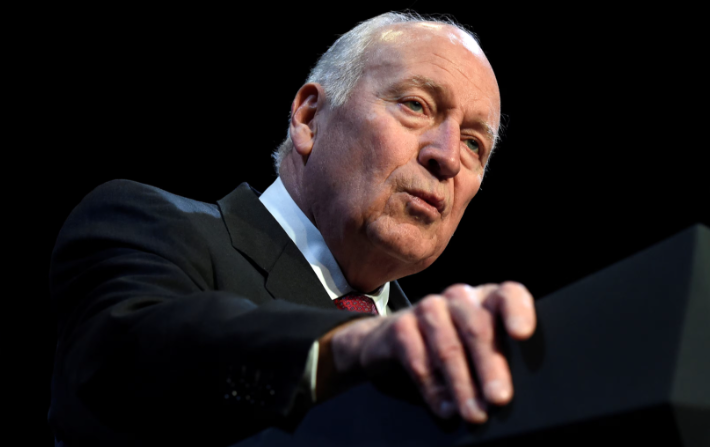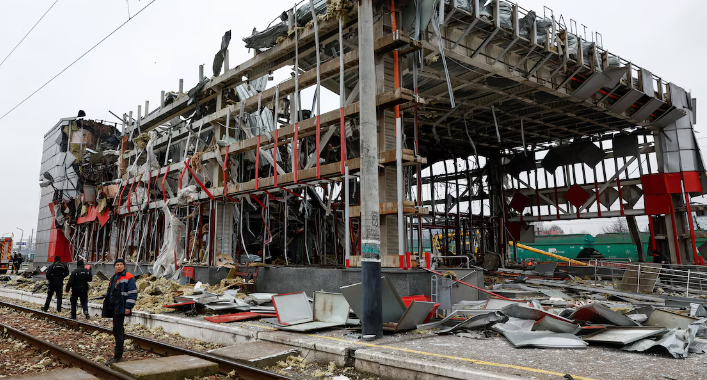WORLD NEWS

Dick Cheney, the hard-charging political strategist who served as U.S. vice president from 2001 to 2009 and played a key role in shaping America’s response to 9/11 and the Iraq War, died Monday at the age of 84 from complications of pneumonia and cardiac and vascular disease, his family announced.
Cheney, a Republican stalwart and one of the most influential vice presidents in American history, was a defining figure of the George W. Bush administration. A former congressman from Wyoming and defense secretary under President George H.W. Bush, Cheney was instrumental in pushing for the 2003 U.S. invasion of Iraq, citing Saddam Hussein’s alleged weapons of mass destruction — claims later proven false.
He was widely seen as the driving force behind the expansion of executive power during the Bush years, creating a national security apparatus that many critics said placed the vice presidency at the heart of military and intelligence decision-making.
A polarizing figure, Cheney fiercely defended controversial policies, including the use of “enhanced interrogation techniques” such as waterboarding and sleep deprivation, which global human rights organizations condemned as torture. He also clashed with fellow Bush officials, notably Secretaries of State Colin Powell and Condoleezza Rice, over military and foreign policy decisions.
Cheney’s long career in Washington began during the Nixon administration, where he worked under Donald Rumsfeld — a relationship that would later shape the Iraq War strategy. As defense secretary in the early 1990s, he led U.S. operations during the first Gulf War, successfully expelling Iraqi forces from Kuwait.
Despite his health challenges — including multiple heart attacks and a heart transplant in 2012 — Cheney remained a formidable political figure well into his later years. His influence extended through his daughter Liz Cheney, a former Republican congresswoman who lost her seat after opposing Donald Trump and voting to impeach him for inciting the January 6 Capitol attack.
In his final years, Cheney openly criticized Trump, calling him “the greatest threat to our republic” and even vowing to support Democratic candidate Kamala Harris over the former president.
Beyond politics, Cheney’s career was also marked by controversy over his ties to Halliburton, the oil services firm he led before re-entering public life. Halliburton became a major contractor during the Iraq War, prompting accusations of conflicts of interest.
Born in Lincoln, Nebraska, in 1941, Cheney grew up in Wyoming, where he began his political journey. Known for his sharp intellect, conservative ideology, and unflinching demeanor, Cheney cultivated both admiration and resentment — hailed as a patriot by supporters and reviled as a symbol of Washington’s war machinery by critics.
His legacy, however, remains indelibly linked to the Iraq War and the sweeping changes it brought to U.S. foreign policy and global politics.
Cheney is survived by his wife, Lynne, and their two daughters, Liz and Mary. His family said he passed away peacefully, surrounded by loved ones.




